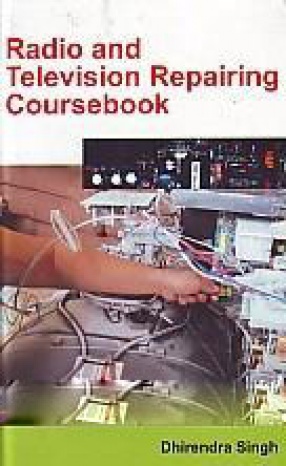
Dhirendra Singh

Showing all 9 books
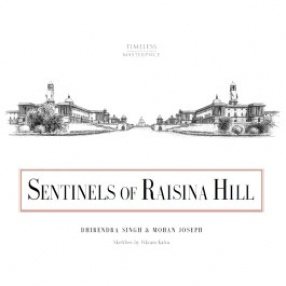

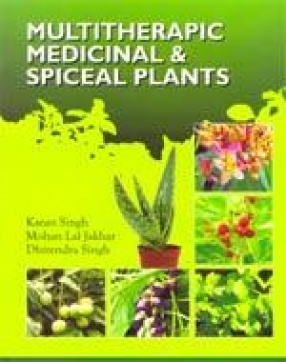
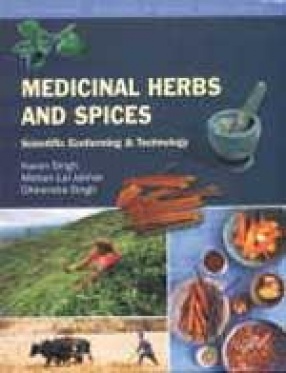


Much has been written about the splendors of Delhi in books on history , architecture and travel, and of those who built, abandoned and rebuilt the city. There are those on Yudhisthira who founded Indraprastha, the Tomar Rajputs and Raja Dhilu, the kings of the Delhi Sultanate and the Great Mughals and finally the British before freedom was wrested from them and Delhi truly became India’s capital. There are also books on individual monuments and buildings ...
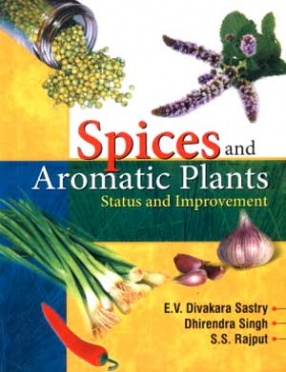
India is the home to a vast variety of spices- some indigenous and others introduced. It is also home to important aromatic plants. India grows, consumes and export a vast variety of spices, while it also imports sizeable quantity of spices. Similarly, a number of essential oils extracted from different aromatic plants are used in domestic industry. Essentially, the extraction of essential oils was a cottage industry which has now grown in size enormously. ...
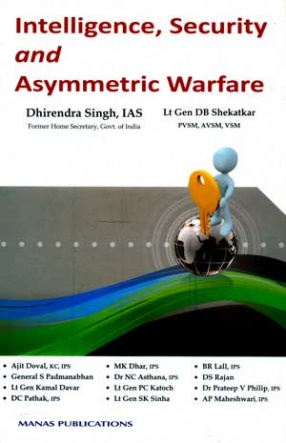
In recent years, wars and conflicts have been asymmetric in nature. Howsoever powerful be its military, nations employing conventional warfare doctrines and relying heavily on sophisticated new generation weaponry have not found success in creating an impregnable and durable security. Intelligence has become a vital tool in the overall security set-up of a nation and contributes substantially towards national policies and decision-making which may be critical to ...
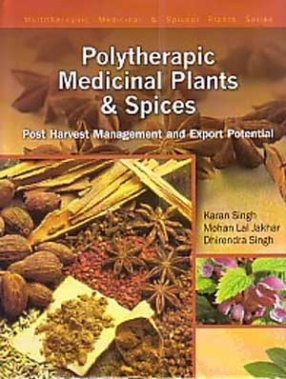


Plants and drugs obtained from them have always been in the centre of all the traditional and modern systems of medicine including Allopathy, Homoeopathy, Ayurveda, Siddha and Unani schools of healing. Scholars of these different pathies have published therapeutics of plants with their own point of view. No efforts seems to have been made to bring medicinal and spiceal plants useful in different pathies at common platform. Endeavour made through this book is ...

Medicinal herbs and spices find their use in all systems of medicine. However, the major part of the raw material requirements of pharmaceutical industries is still met out of herbs collected from wild resources. This leads to biodiversity and environmental degradation. To meet such challenges, an equilibrated approach for domestication and cultivation of otherwise, wild medicinal plants and spices is imperative. Very scanty information on such aspects are ...
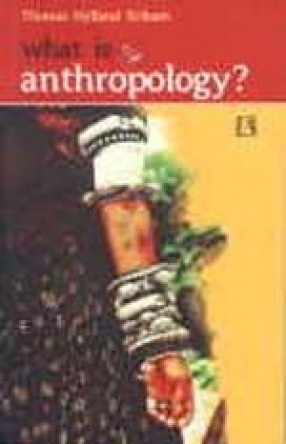
Man has now realized the limitation and shortcomings of medicines developed by chemical processes as indicated by side and ill effects. Hence, the scope of medicinal plants and spices has widened for different systems of medicine. Besides domestication and cultivation technologies, economic parts of plants need to be processed at primary, secondary and tertiary channels. Such agroprocessing strategies are required for preparing medicines of Allopathy, Ayurveda, ...
